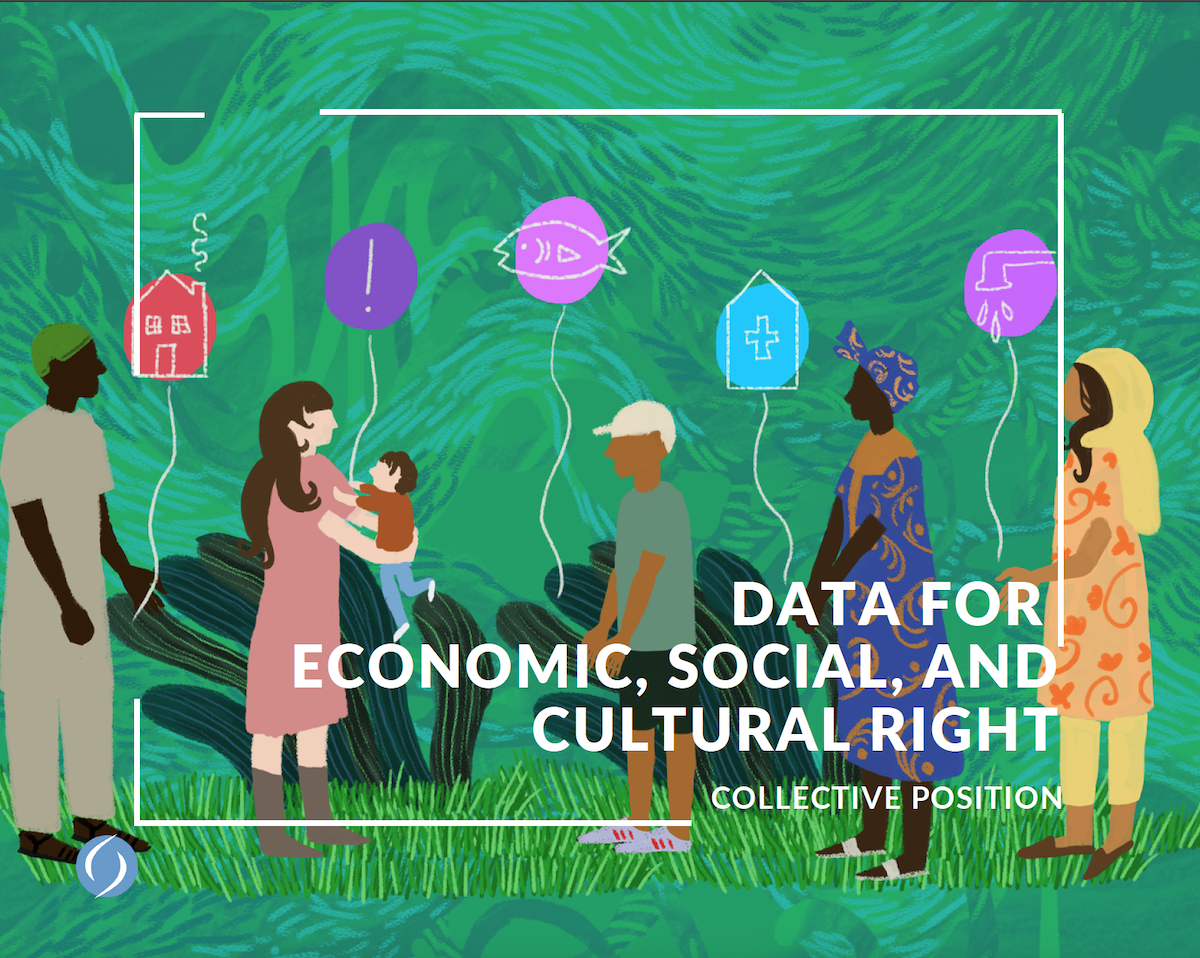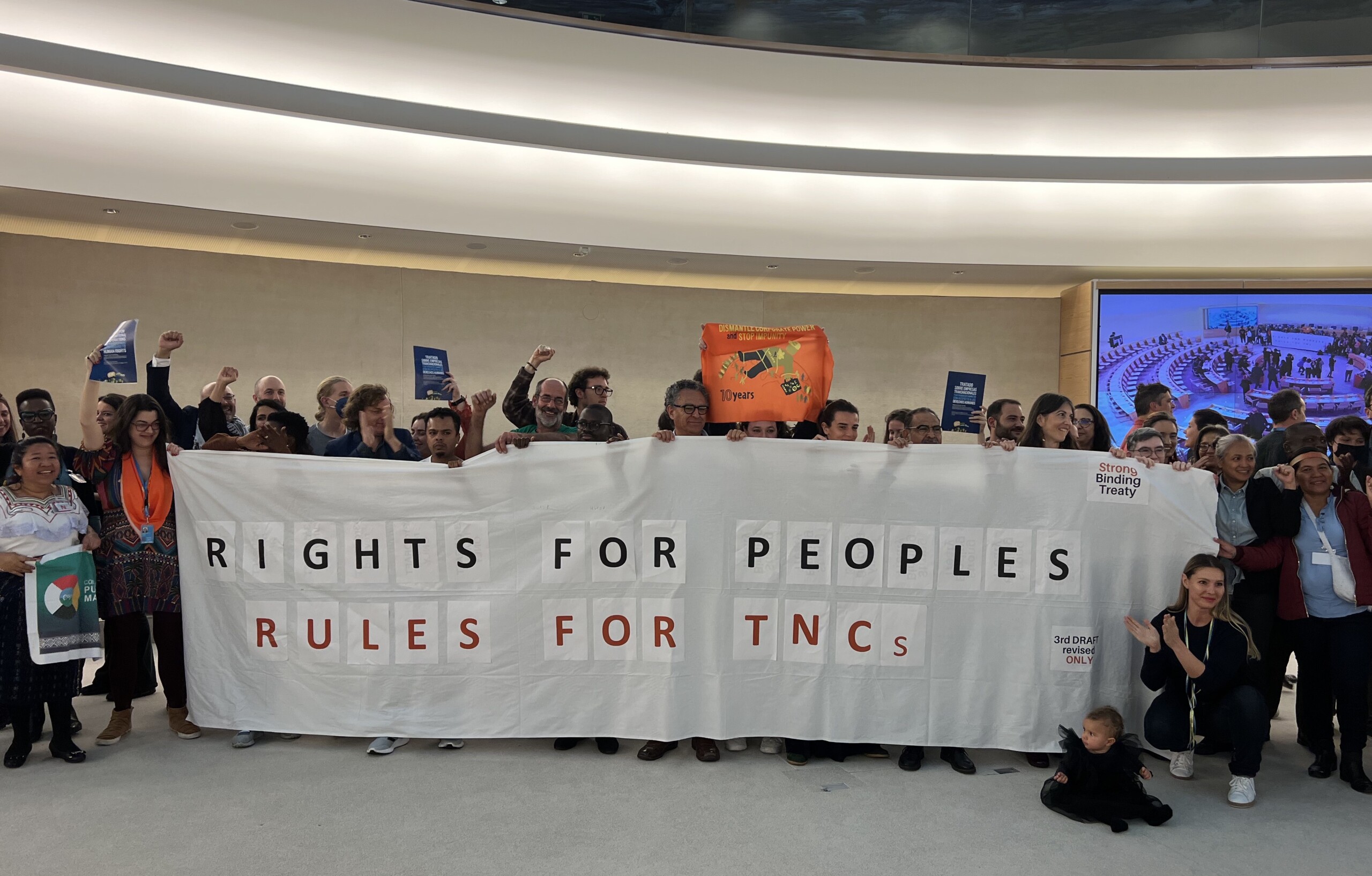The Common Charter for Collective Struggle was developed by social movements and ratified by ESCR-Net’s membership during the Global Strategy Meeting held from November 15–19, 2016. It stands as a shared analysis of the structural conditions that deepen inequality, impoverishment, and dispossession of communities around the world. The Charter denounces the expansion of corporate power, climate breakdown, the capture of democratic institutions, and growing repression against those who defend rights. At the same time, it outlines common principles to build collective power and transform oppressive systems. It also puts forward initial points of consensus that could inform global campaigns or coordinated actions, aligned with ESCR-Net’s mission to “build a global movement to make human rights and social justice a reality for all.”
In response to the intensification of these crises, the Social Movement Working Group led a global process to update the Charter. Through virtual dialogues, in-person meetings in South Africa (2023) and Brazil (2024), and thematic workshops on economic violence, debt, care, and climate, social movements collectively revisited and expanded the analysis. In July 2024, their contributions were formally incorporated as an addendum to the original text, reaffirming their leadership and deep commitment to justice, dignity, and human rights. The updated Common Charter for Collective Struggle was presented to the full membership during the 2024 Global Strategy Meeting in Thailand.



